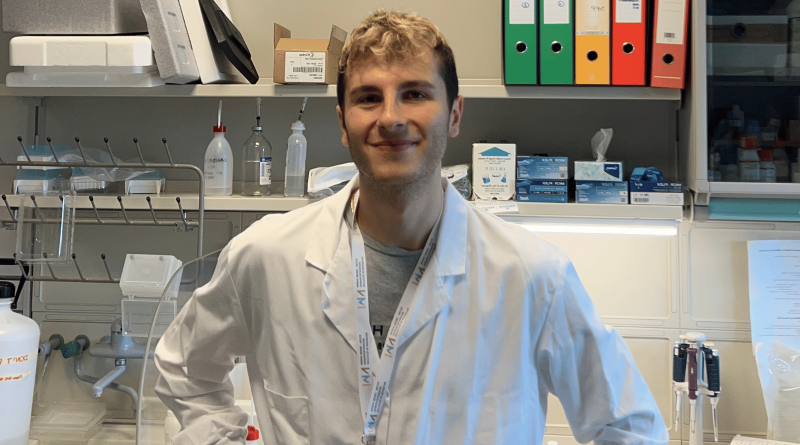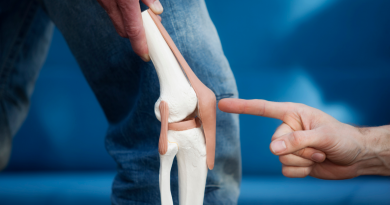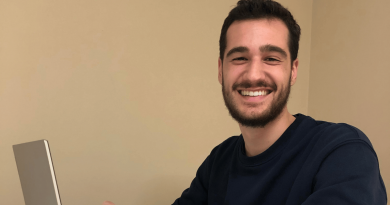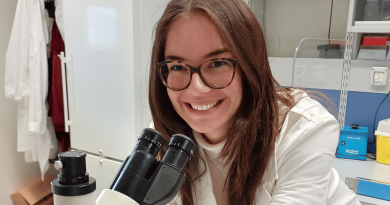Lab Experience at the Mario Negri Institute – Simone Laguardia
Lab Experience Personal reflection
Simone Laguardia, Virgilio 6° Cohort Student, UNIMIB
I’m Simone Laguardia, a 6th cohort student at University of Milano-Bicocca. Recently, I embarked on my first lab rotation at the Mario Negri Institute in the Traumatic Brain Injury and Neuroprotection Laboratory, guided by Dr. Elisa R Zanier and Dr. Francesca Pischiutta.
The Institute proved to be a practical science hub, where precision governed every aspect, offering a focused environment. Lab leaders warmly welcomed me, providing insights into a world where precision mattered in both words and actions.
The lab’s diverse focus includes, characterizing post-traumatic epilepsy biomarkers, utilizing mesenchymal cells for post-trauma recovery, and understanding the pathophysiology of subarachnoid hemorrhage after traumatic brain injury. Throughout my time there, I acquired various neuroscience research techniques such as PCR, Western Blot, ELISA tests, fluorescence microscopy, microtome sectioning, and cryosectioning. Murine models of traumatic brain injury were used for experiments, with the animals carefully monitored within the institute’s animal facility.
Mastering these techniques not only allows you to construct knowledge firsthand but also holds the promise that the information crafted will soon contribute to treating life-threatening conditions.
Furthermore, departmental meetings exposed me to ongoing scientific pursuits, contributing to our collective understanding through experiments and publications. The research laboratory realm is a captivating domain, inhabited by brilliant minds worthy of front-page acclaim in every newspaper.
What truly fascinated me throughout my experience was observing researchers’ unwavering dedication to unravel specific outcomes, reasoning, and employing their intellect, echoing Rita Levi-Montalcini’s profound words: “The brain: if you grow it, it works. If you let it go and retire it, it weakens. Its plasticity is formidable. For this, we must continue to think.” Beyond scientific data, this exploration delved into ethical considerations, including the humane treatment of mice and a commitment to sustainability despite financial constraints. This demonstrates that reasoning is not just an application of mathematical formulas. It is a complex human way of problem-solving. Ultimately, patience emerged as a pivotal element in the laboratory, where initial enthusiasm for each project transformed into measured anticipation for completion.
A cohesive cycle of dedication, ethics, and patience is implied in the research process.
I must emphasize that our team reflected diversity, not only in gender but also in our ability to work cohesively. As a medical student, contributing to this multidisciplinary environment was fulfilling. The Mario Negri Institute provided a pragmatic setting, emphasizing the pursuit of knowledge.
Gratitude extends to my fellow adventurers as I bid farewell to an experience that enriched both my understanding and personal growth.





